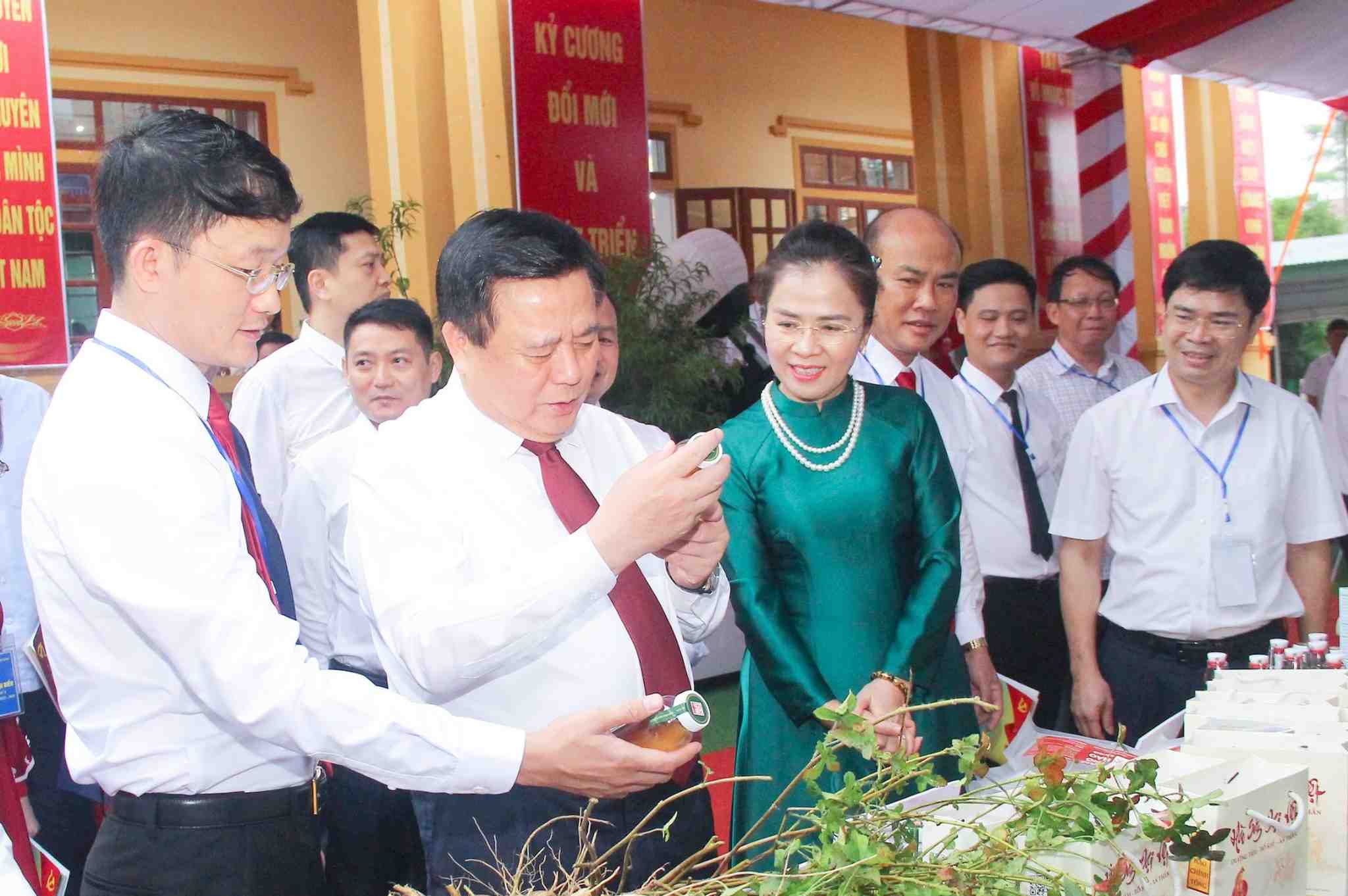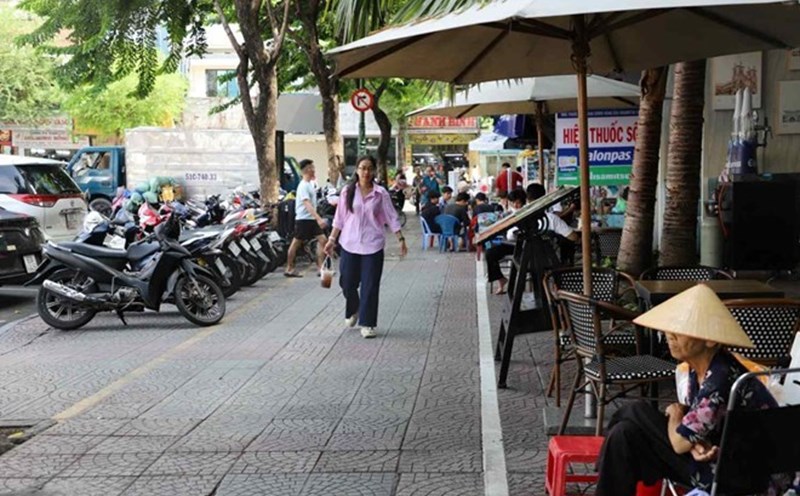Comrade Nguyen Xuan Thang - Politburo member, Director of the Ho Chi Minh National Academy of Politics, Chairman of the Central Theoretical Council and leaders of Nghe An province attended and directed the Congress.
The Bich Hao Commune Party Committee was established on the basis of merging and consolidating 4 communes: Mai Giang, Thanh Lam, Thanh Tung and Thanh Xuan, formerly under Thanh Chuong. Currently, the Party Committee has more than 1,500 Party members, operating in 55 affiliated grassroots Party organizations.
In the past 5 years, the Party Committees before the merger and Bich Hao commune have now completed many targets: rapid and sustainable economic growth, budget revenue reached 108.8% of the plan, average income in 2024 reached 53.1 million VND/person. Cultural - social work, education, health care, and social security are focused on; the poverty rate by the end of 2024 will decrease to 2.06%. National defense and security are strengthened, politics are stable.

The Congress passed decisions to appoint the Executive Committee of the Party Committee of Bich Hao Commune, term I, 2025 - 2030, consisting of 22 comrades; the Standing Committee of 10 comrades. Comrade Tran Linh - Chairman of the People's Council of the commune was appointed to hold the position of Party Committee Secretary; Comrades Nguyen Xuan Khanh and Nguyen Khanh Thanh held the position of Deputy Party Committee Secretaries.
Speaking at the Congress, Comrade Nguyen Xuan Thang highly appreciated the results achieved by the Party Committee and people of Bich Hao commune in the past term; at the same time, he pointed out some limitations that need to be overcome when the average income per capita is still low and has not attracted many businesses to invest.
Comrade Nguyen Xuan Thang emphasized that the Bich Hao Commune Party Committee needs to pay attention to building a united bloc within the Party and the political system; leaders must be close to the people, making them understand, share and agree. In addition, continue to arrange and improve the apparatus, focusing on training skills for staff, especially the application of information technology in performing tasks.
He also suggested development orientations in the following areas: agriculture needs to increase the content of science and technology, promote household-to-enterprise linkages; industry, handicrafts and services need to be encouraged for development; planning and allocating land to attract agricultural processing enterprises; promoting the typical commercial advantages of the locality.











